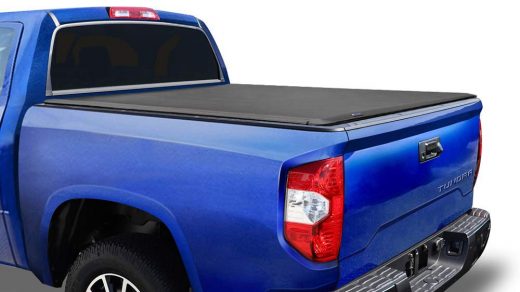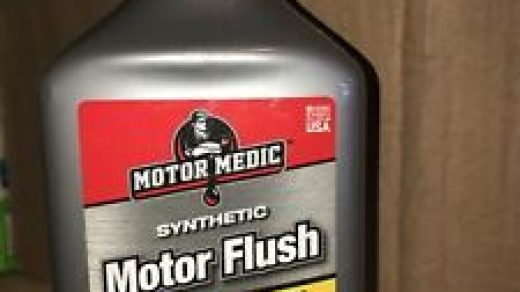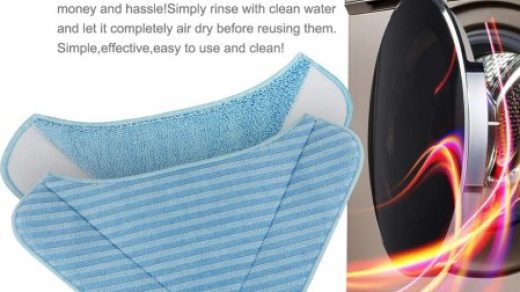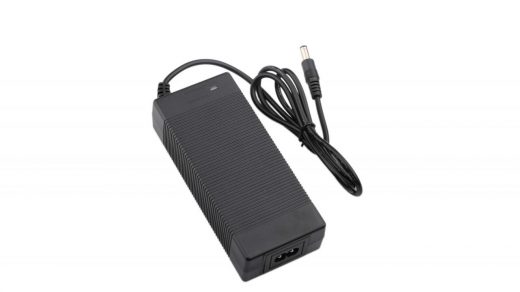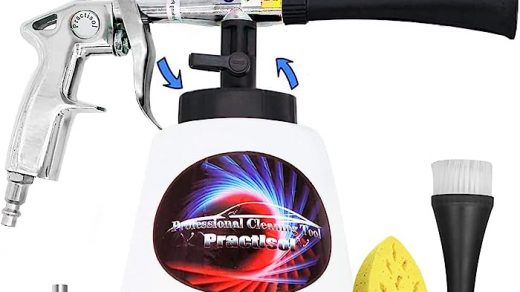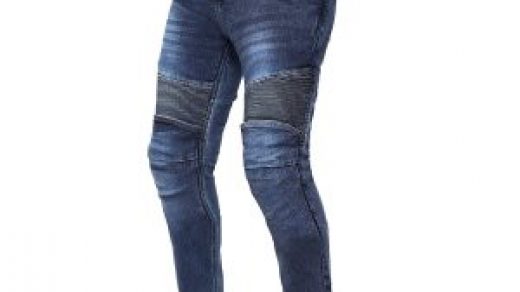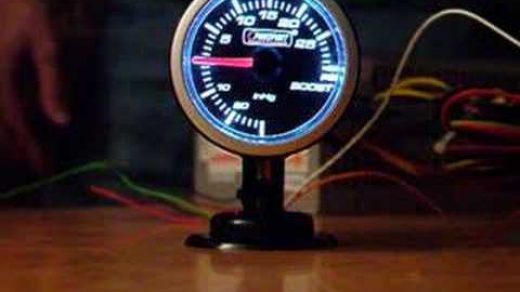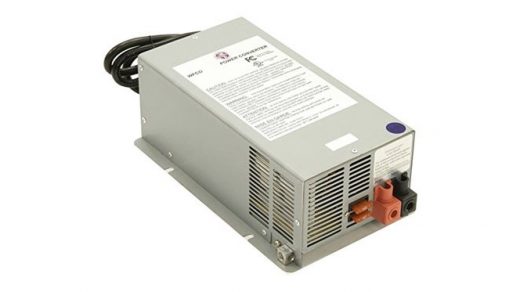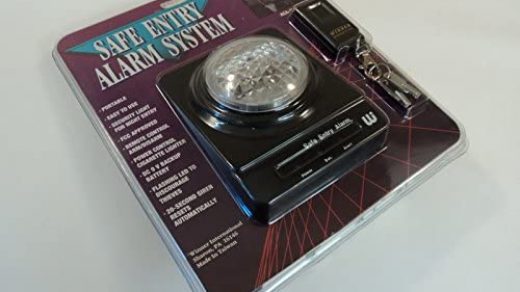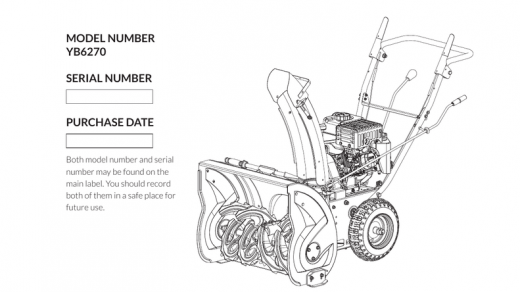EVANS Motorbike Coolant
What kind of coolant does an Evans engine use?
Evans coolants do not use water, and therefore eliminate the engine problems caused by water. Evans Coolant meets ASTM specifications for waterless coolants for Light Duty Service. ASTM D8085 – 17 is the ASTM standard specification for Non-Aqueous Engine Coolants for Automobile and Light-Duty Service.
What are the benefits of Evans waterless coolants?
Evans waterless coolants offer several benefits to save you money, time and engine wear. No Corrosion: Because they remove water from the cooling engine system, Evans waterless coolants prevent water-caused corrosion. No Erosion: Evans coolants remain in liquid form and do not vaporize, preventing the “pitting” caused by water vapor.
Who was the first drag racer to run Evans Waterless coolant?
Steve Williams takes NHRA Super Comp World Championship running Evans Waterless Coolant › When Steve Williams clinched the 2018 NHRA Lucas Oil Drag Racing Series Super Comp World Championship in Pomona, he also became the first NHRA drag racer to win the title running Evans Waterless Coolant.
What kind of coolant does Summit Racing use?
Evans Cooling Systems is the leader in waterless engine coolants, helping prevent corrosion, overheating, and hose failure. Summit Racing carries a variety of Evans products, including Evans Cooling High Performance Waterless Engine Coolant and Evans Cooling Prep Flush.

EVANS have earned a second spot on our list, with this water-free engine coolant. Specifically designed for ATVs, UTVs, trail bikes, and motocross bikes, it’s the perfect solution whatever vehicle you drive. The water-free formula practically eliminates corrosion, along with pump cavitation. This adds up to a coolant that helps keep your engine running smoothly for years to come. It can also have a surprising impact on the vehicle’s fuel efficiency, helping you save money on gas. Race teams have depended on EVANS for years, to protect their engines from the strenuous conditions of the track. The coolant has an impressively high boiling point of 375 degrees Fahrenheit, so there’s no risk of boil over, even in hot conditions. Without vapor in the cooling system, you can avoid a swathe of engine problems. Drivers agree that this coolant does an excellent job preventing your bike from overheating, whatever the weather.
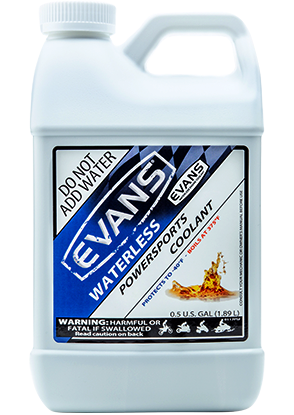
Waterless coolant? – Adventure Bike Rider Forum
image Source:Evans Powersports Coolant | Evans Waterless Coolant
Anyone use a waterless coolant on their bikes? Any good? … Been using Evans coolant for years and its never let me down.
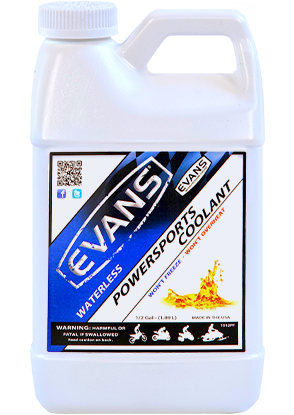
Evans Waterless Coolant? | Triumph Rat Motorcycle Forums
image Source:Powersports Coolant | Evans Cooling Systems Australasia
So, do you want to put a bigger radiator on your bike? I think I’ll just stick with the recommended coolant and change it once in awhile. Pete.
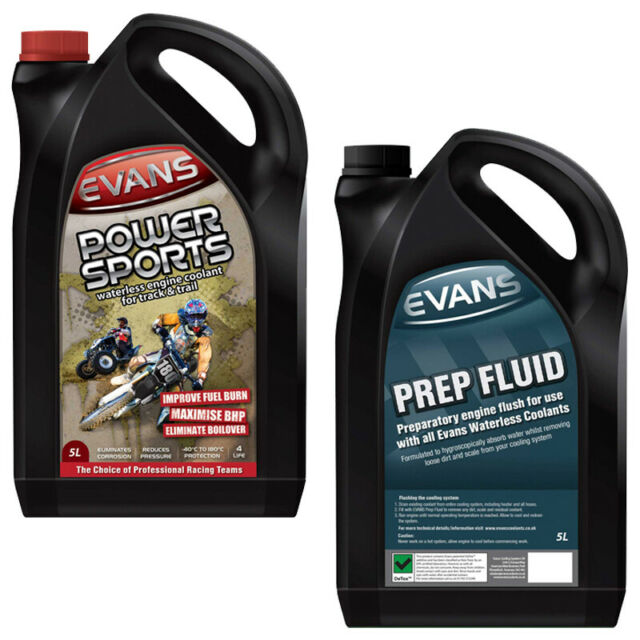
Evans Waterless Performance Engine Coolant & Prep Fluid
A perfect product to match with your Samco Sport silicone hose kit. Run cooler for longer! Why use Evans Waterless Coolant? Contains no water, eliminating …
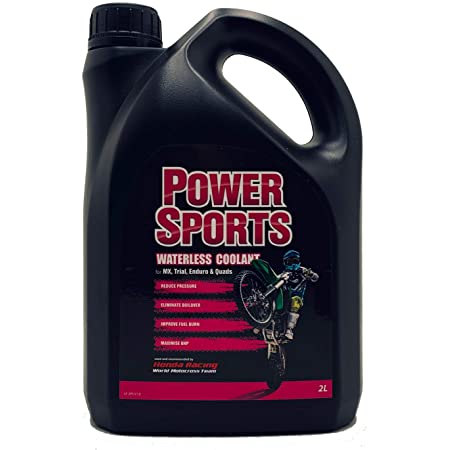
Evans waterless coolant review. – Other Reviews – The Motorbike …
image Source:Worth a look: Evans Waterless Coolant
Swapped to the above so il start this and update as I use the bike. Cost a £100 so wasn’t cheap, £40 for prep fluid and £60 for the actual …
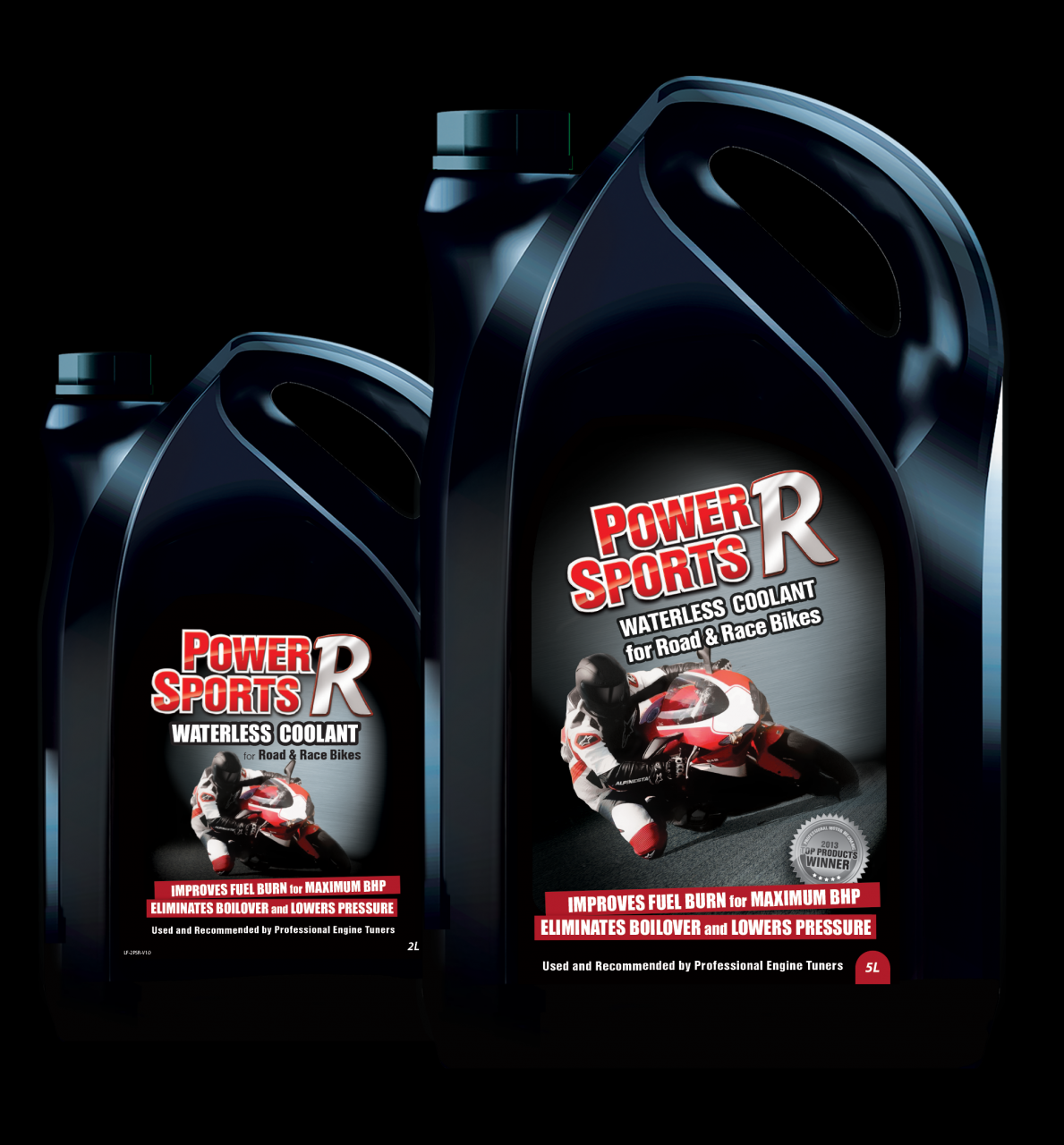
Evans Powersports Coolant/Anti Freeze – Performance Cycle of …
image Source:Evans Waterless Coolant for Bike Engines
Evans Waterless Coolant is the best coolant on the market because there is no water in the formula to boil over. We have motorcycle coolant in stock and …
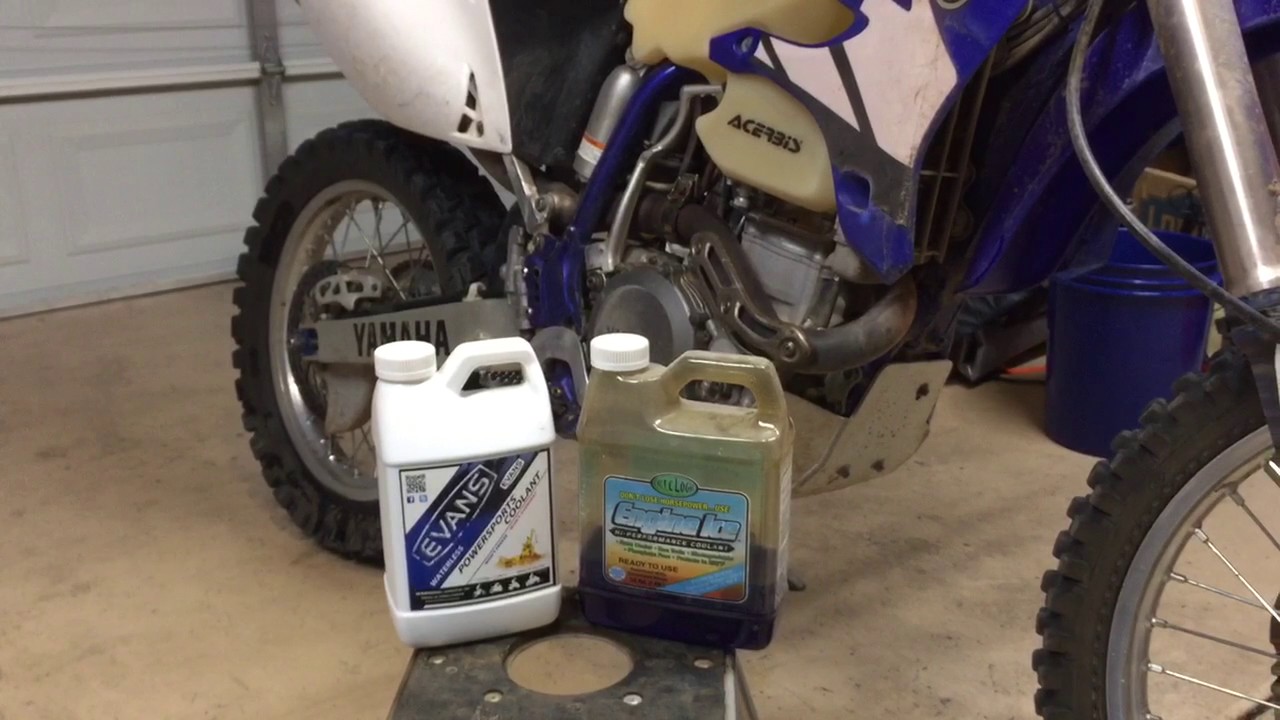
Evans Powersports Waterless Coolant – Cycle News
image Source:Evans Coolant in dirt bike motorcycle – YouTube
Evans Waterless Powersports engine coolant is designed for motorcycles, ATVs, UTVs and snowmobiles. Powersports coolant is ready to use, …
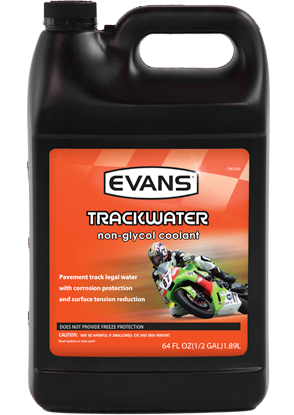
Evans Waterless Engine Coolants SA – Home | Facebook
image Source:Evans Trackwater Non Glycol Coolant | Evans Coolant
From classics and muscle cars to trucks and motorcycles, Evans Waterless Coolant is being used to prevent boilover & corrosion in the machines we love.
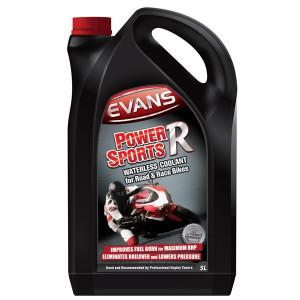
Evans Powersports Waterless Coolant | Parts & Accessories – Rocky …
image Source:Evans Waterless Coolant Motorbike road/race 5L – Gt2i
Evans Waterless Powersports engine coolant is designed for powersports racing, motorcycles, ATVs, UTVs and snowmobiles. It has been used by race teams …
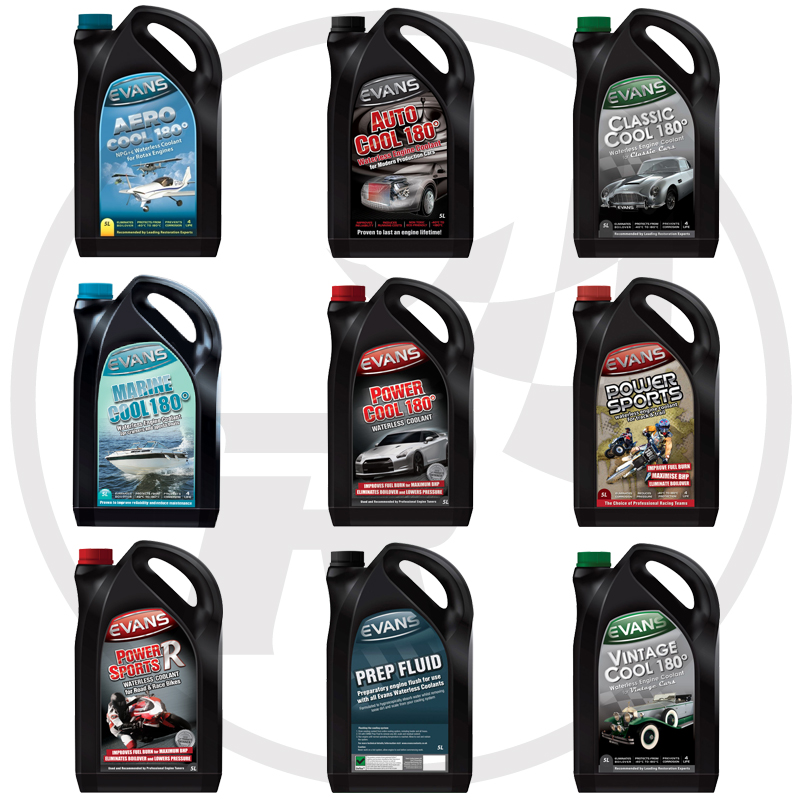
Evans Waterless Coolant – RoadRUNNER Motorcycle Touring …
image Source:Evans Waterless Performance Engine Coolant – Select
What are you supposed to put in the radiator, sand?” Calm down, relax, take a breath… it’s not as crazy as it sounds. Evans waterless …
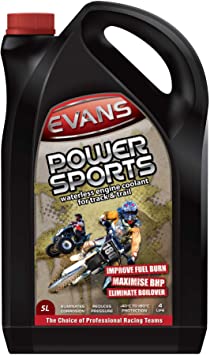
EVANS WATERLESS COOLANT FOR MOTORBIKE | CAR ENGINE …
Evans Waterless Coolant will not boil around these engine hotspots, maintaining efficient cooling performance even when the engine is put under extreme …
